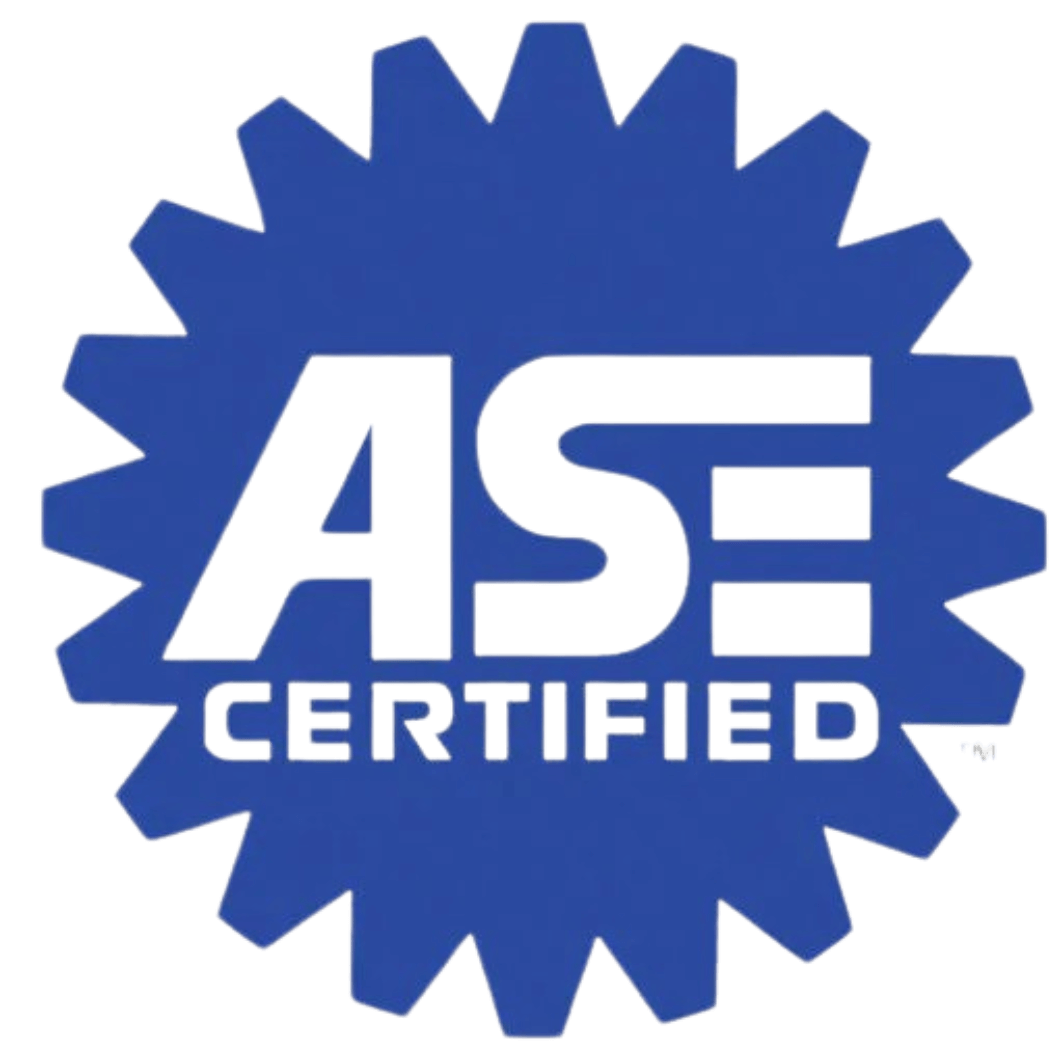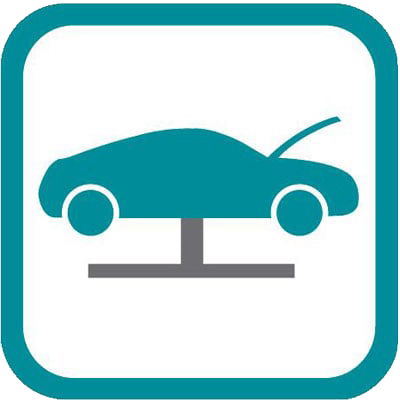Winter Driving: How to Stay Safe Driving in the Snow
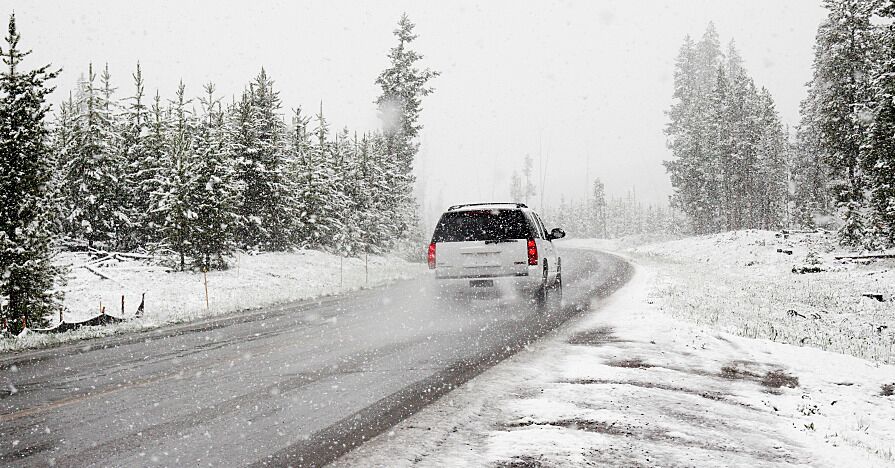
Winter Driving: How to Stay Safe Driving in the Snow When the temperature drops and the snow falls, your driving habits need to change. Prepare Your Vehicle Before You Go Safety starts in the driveway. Winter weather stresses every system in your car, so preventative auto maintenance is critical. Before heading out into a storm, […]
Why Regular Oil Changes are Critical
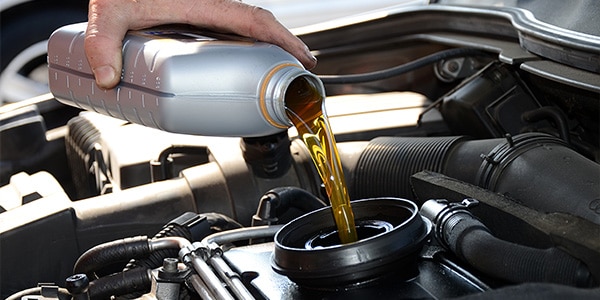
The Significance of Regular Oil Changes for Your Vehicle As a driver it’s crucial to grasp the significance of oil changes. Oil changes rank among the simple maintenance tasks you can carry out for your car. Consistent upkeep plays a role in prolonging your vehicle’s lifespan and ensuring its operation. In this blog post […]
Can My Flat Tire Be Fixed?
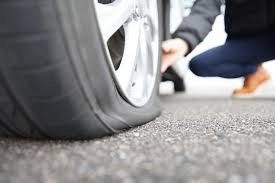
At some time or another, most people will experience a flat tire on their car. Flats can happen for a variety of reasons, and the good news is that in most cases, tires that have gone flat can be repaired. However, not all tires can be repaired. In this blog, let’s take a look at […]
Catalytic Converters: What They Do, Why They’re Targeted, and How to Protect Your Vehicle
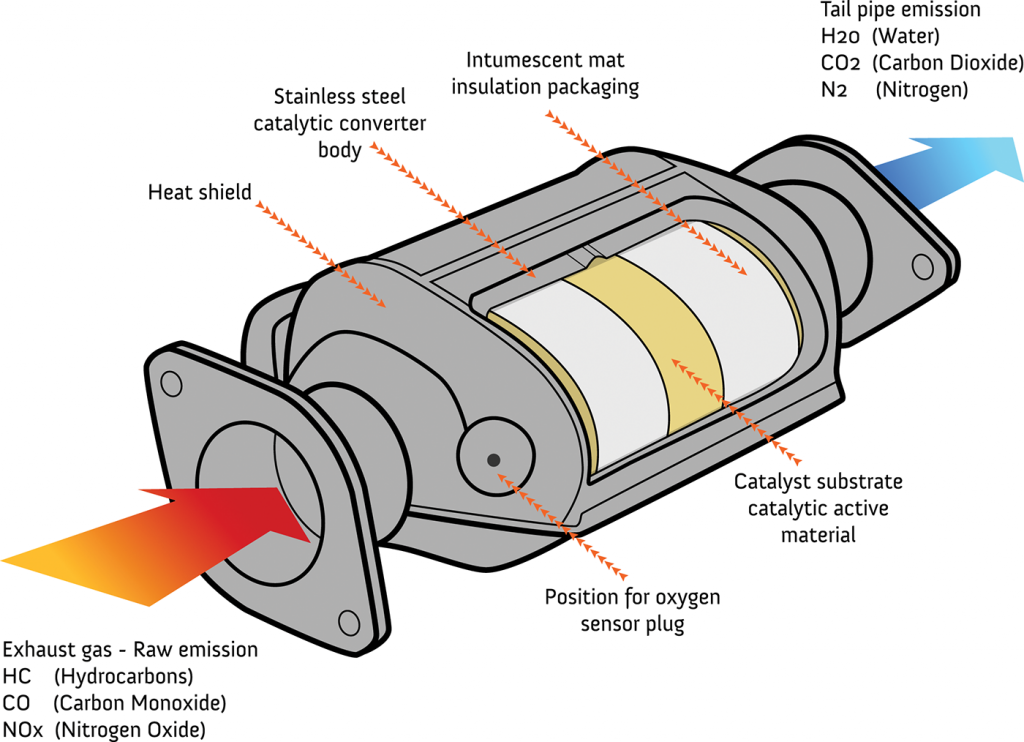
Mufflers & Emissions Understand how catalytic converters reduce emissions, where they’re located, why thefts happen, and practical steps to prevent theft—plus what to do if yours is stolen. Updated October 29, 2025 5–7 min read Jump to: What Is a Catalytic Converter? What’s the Purpose? Where It’s Located How It Works What’s Inside Why Converters […]
What’s the Difference Between Conventional vs. Semi-Synthetic Oil?
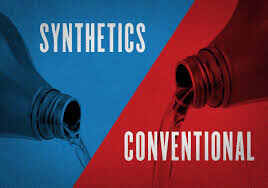
Oil Change & Maintenance What’s the Difference Between Conventional, Semi-Synthetic, and Full-Synthetic Oil? Learn how each type of motor oil protects your engine, which one your car needs, and why choosing the right oil can improve performance, longevity, and fuel efficiency. Updated October 29, 2025 5-6 min read Motor oil is essential for properly lubricating […]
Should I Have My Car Inspected? 6 Great Reasons To Do It
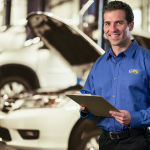
Modern cars are extremely complex machines, with many systems and components working together to make your vehicle operate at top performance. As cars age and accumulate miles, it is very important they be regularly inspected to ensure safety and proper operation. In fact, 15 states in the U.S. legally require that cars be inspected to be permitted […]
Why is My Check Engine Light On?
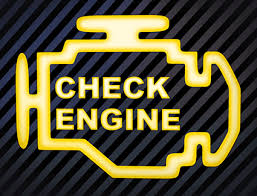
Why Is My Check Engine Light On? Don’t panic! Here’s what that little dashboard light is trying to tell you. The Warning Signal: What the Light Means An illuminated Check Engine Light (CEL) can definitely cause some concern, but it’s important to understand what it means. It’s tied to your vehicle’s On-Board Diagnostics (OBD) system, […]
Why is My Car Leaking Coolant?
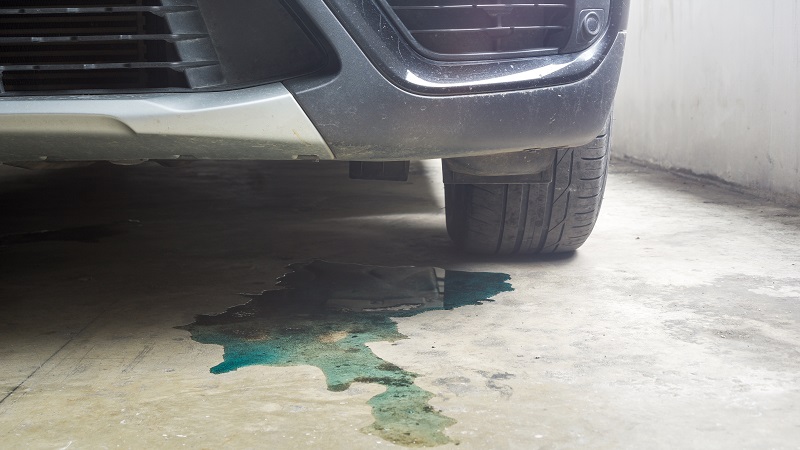
One of the most important components of your car’s engine is its cooling system, as it is responsible for preventing the motor from overheating while driving. If you happen to notice a bright green or orange fluid on the ground under your car, you could have a coolant leak and should get the issue addressed […]
Why Your Car’s Engine Is Making a Rattling Noise
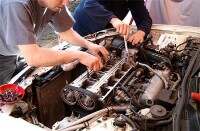
Are you hearing a rattling or pinging sound from your car? Is the noise coming from the engine area? An engine rattling noise can be a sign that something is wrong, and should be addressed as soon as possible. Let’s take a look at some possible reasons why your car’s engine is making unusual sounds. […]
Why Does the Inside of My Car Smell Like Gas?

If the inside cabin of your vehicle smells like gasoline, it could be a sign that there may be more significant problems, and you should address them as soon as possible. While the smell of gas fumes on occasion isn’t as alarming, a strong odor from inside the vehicle should be investigated right away. In […]

